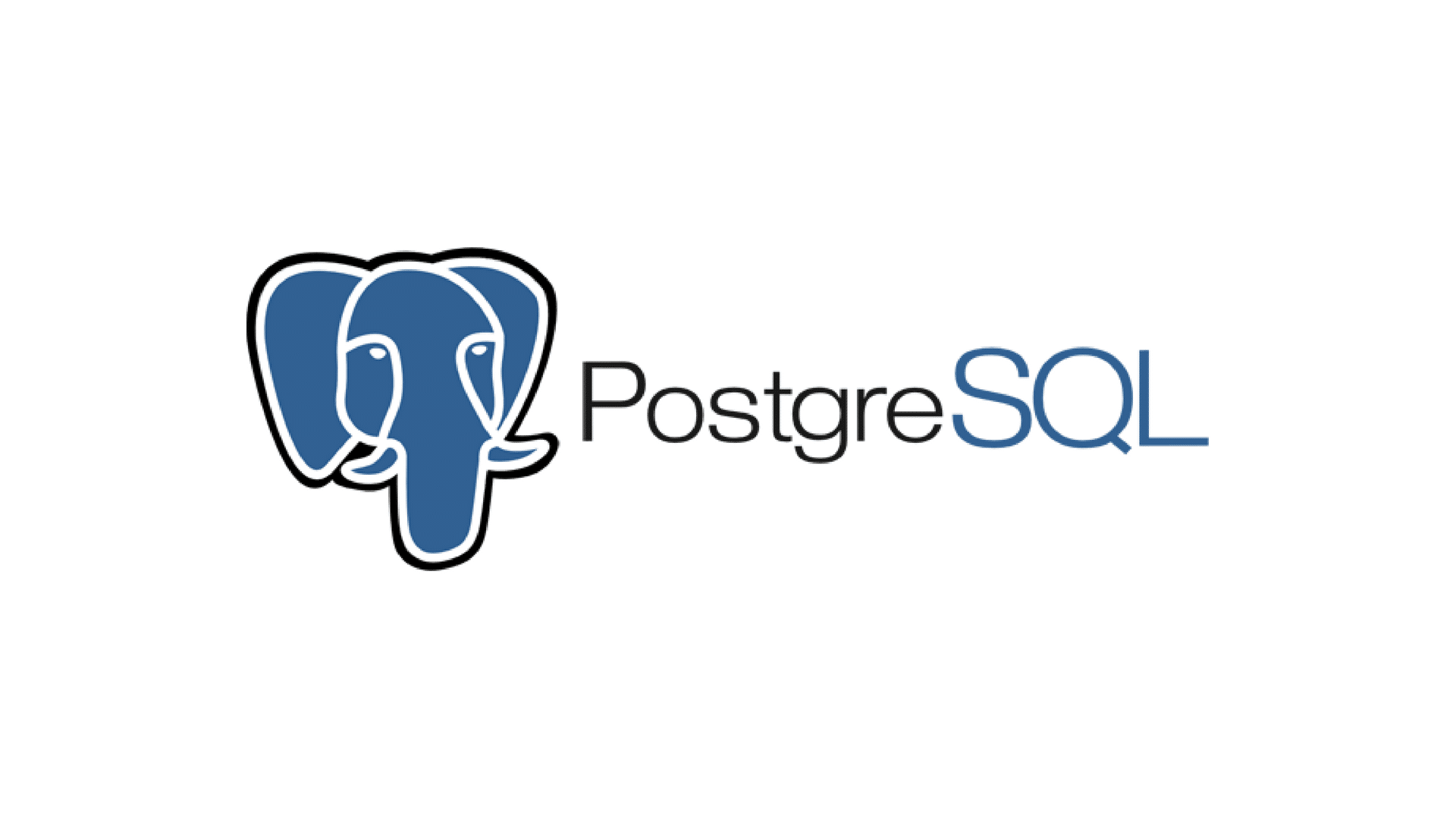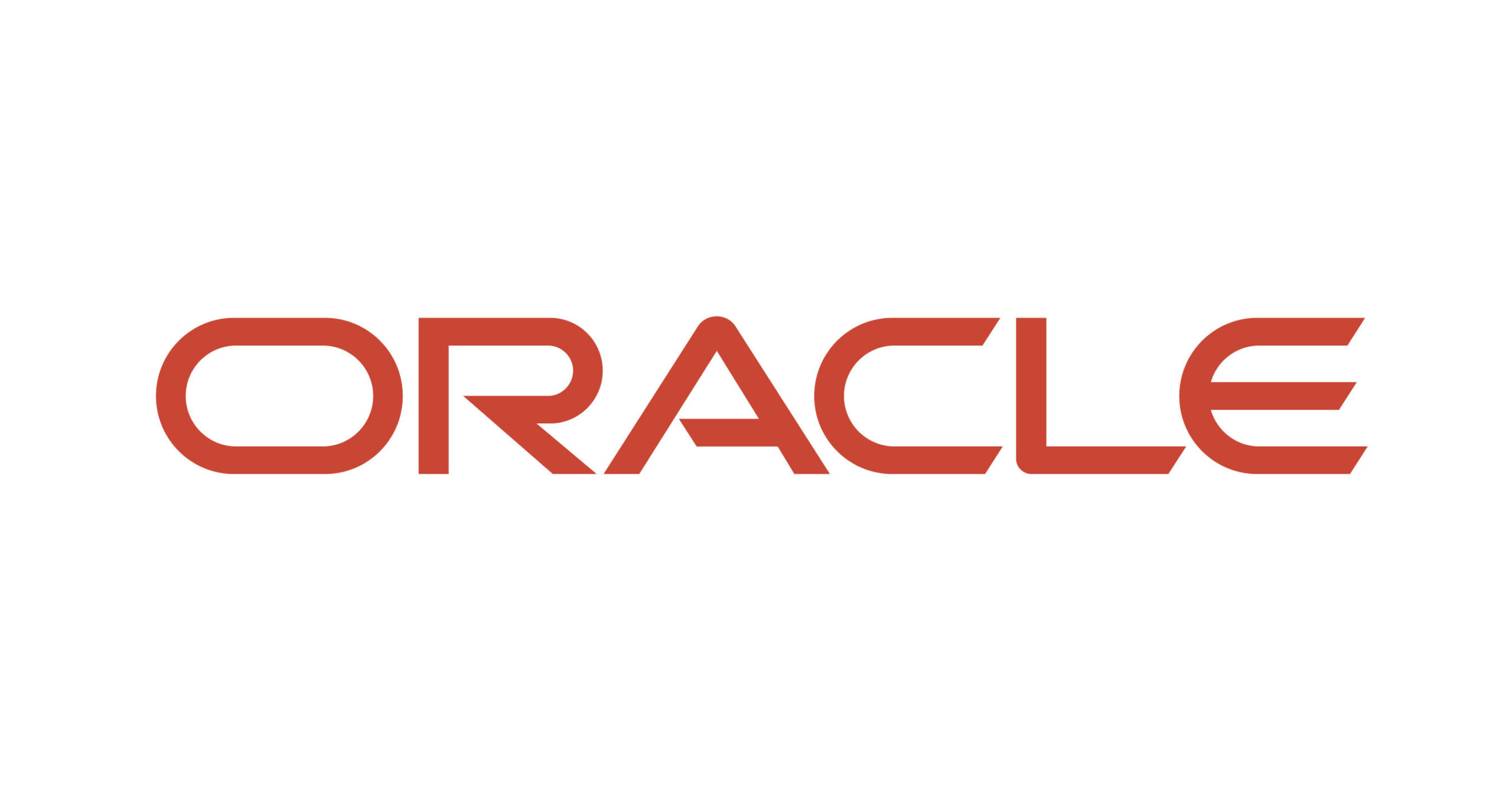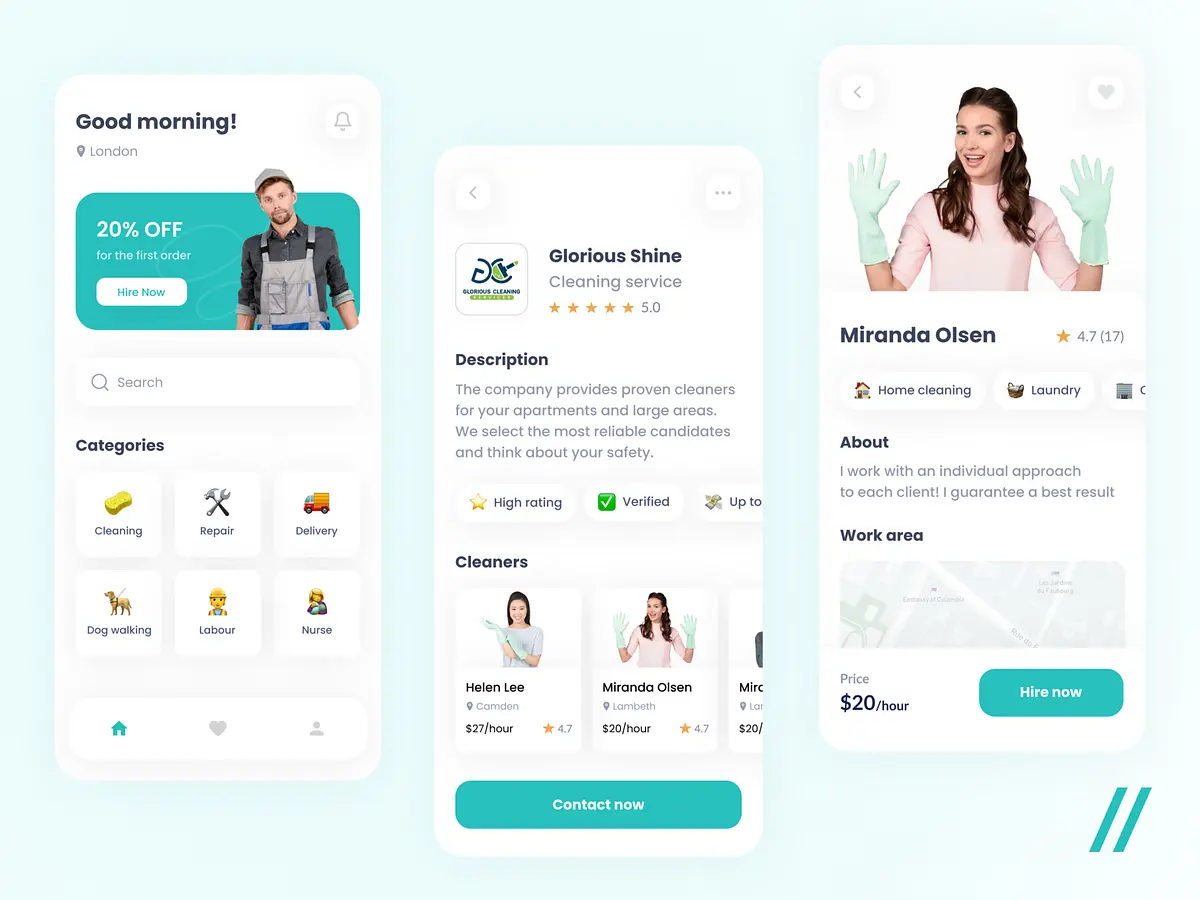An In-Depth Look at PostgreSQL vs. Oracle for Database Management


PostgreSQL and Oracle share many similarities when considering databases, but choosing the right one depends on your specific requirements. Both are excellent choices for managing large datasets securely and efficiently. However, knowing the differences between PostgreSQL vs. Oracle is essential to choosing the right one for your needs.
In this article, we’ll explore the difference between Oracle and PostgreSQL to help you decide which database system aligns with your business objectives.
PostgreSQL, also known as Postgres, is an advanced, open-source object-relational database system, often highlighted in discussions of PostgreSQL vs. Oracle for its robustness, scalability, and flexibility. Developed and maintained by a vibrant community, PostgreSQL supports many applications, from single-machine operations to web services with many concurrent users.

PostgreSQL
Features:
Oracle Database, often known as Oracle, is a versatile database management system created and distributed by the Oracle Corporation, central to the PostgreSQL vs. Oracle Database debate for its comprehensive features and reliability. It is known for its extensive features, data integrity, and reliability, catering to large-scale enterprises and complex applications. Oracle stands out for its ability to efficiently manage, store, and retrieve data in a highly secure environment, making it a cornerstone for critical business operations worldwide.

Oracle
Check out our latest articles about databases:
Types of NoSQL Databases: Standout Features and Real-life Applications
| Feature | PostgreSQL | Oracle |
| Type | Open-source | Closed source (for commercial use) |
| Cost | Free | Paid, with various licensing fees |
| Performance | High performance with complex queries and large databases; a key factor in the PostgreSQL vs Oracle performance comparison, performance can vary based on workload and tuning. | Superior performance for a broad spectrum of tasks, often optimized for high-volume, high-transaction environments. |
| Replication | Built-in logical replication and third-party tools for physical replication. | Advanced replication capabilities with Data Guard for physical standby databases and GoldenGate for logical replication. |
| Partitioning | Supports table partitioning for large tables to improve performance. | Offers more advanced partitioning features, allowing for complex partitioning strategies to enhance performance and manageability. |
| Security | Strong security features with role-based access control, row-level security, and data encryption. | Comprehensive security features including advanced encryption, fine-grained access control, Virtual Private Database, and Database Vault. |
| Customization and Extensibility | Highly extensible with support for custom data types, functions, and more. Encourages community-driven plugins and extensions. | Extensible, with many features and options available out of the box. Offers proprietary extensions and tools for customization. |
| Community Support | Large and active community support, with extensive documentation and third-party tools available. | Supported by Oracle Corporation with professional support services available. The community and third-party support exist but are influenced by the commercial nature of the product. |
| Cloud Integration | Offers cloud versions through third-party cloud providers. | Strong cloud integration with Oracle Cloud, providing a seamless cloud experience with additional features like Autonomous Database. |
| Ease of Use | Generally considered user-friendly with a focus on standards compliance and simplicity. | Comprehensive features can introduce complexity, but Oracle provides extensive documentation and management tools. |
Choosing between Oracle and PostgreSQL, or understanding the PostgreSQL vs Oracle query differences comes down to what you need, how you plan to use it, and what your organization requires.
Oracle brings high-level features. Oracle is better than PostgreSQL for some because it can grow with your business, offers strong security and direct support from the company, and meets strict industry rules. It’s a paid product, so you’ll need to consider the cost of licenses when choosing.

PostgreSQL vs. Oracle Database
Conversely, PostgreSQL is free and open-source, packed with features, and easy to tweak, often compared to PostgreSQL vs MySQL, which is better for its versatility. It’s affordable, has a lot of people backing it, and comes with tools that make switching from other systems easy. It also fits well with data protection laws and lets you make changes to suit your needs.
When picking between Oracle and PostgreSQL, important things to consider include your budget, how much you need to scale, the features you want, the kind of support you’re looking for, and any legal requirements you must follow. Looking at these points based on your needs will help you determine which is better for your organization.
Considering costs, scalability, feature set, support level, and regulatory needs, it’s crucial to weigh your options based on your unique situation. But remember, choosing the database is just the first step; making it work for you is where the real challenge lies.
Looking for expert advice or support to navigate between PostgreSQL vs. Oracle? TECHVIFY is here to help. Our team specializes in providing tailored database solutions, ensuring you get the most out of your database investment, no matter your choice. Don’t hesitate to contact TECHVIFY for a consultation that could transform your database strategy and propel your business forward.


Table of ContentsOverview of PostgreSQL and OracleWhat Is PostgreSQL?What is Oracle?Differences Between PostgreSQL vs. OracleOracle or PostgreSQL, Which is Better?Conclusion Technological advancements are paving new paths for companies across different sectors, and the logistics industry is no exception. According to a survey by Gartner, 87% of supply chain professionals plan to invest in enhancing the resilience of their platforms. Logistics encompasses a broad and complex array of processes that demand the utmost precision and continuous optimization. Companies can automate and streamline these processes through software product development, significantly boosting efficiency. In this article, we will delve into the realm of…
26 July, 2024

Table of ContentsOverview of PostgreSQL and OracleWhat Is PostgreSQL?What is Oracle?Differences Between PostgreSQL vs. OracleOracle or PostgreSQL, Which is Better?Conclusion The technology sector is advancing at an unprecedented pace, and the HR landscape is evolving right alongside it. To attract top talent, HR professionals and organizations need to stay ahead of emerging technology hiring trends. This year, we are witnessing significant shifts in hiring practices that will redefine our understanding of the future workforce. According to a Microsoft study, the number of technology jobs worldwide is expected to skyrocket from 41 million in 2020 to an incredible 190 million by…
25 July, 2024

Table of ContentsOverview of PostgreSQL and OracleWhat Is PostgreSQL?What is Oracle?Differences Between PostgreSQL vs. OracleOracle or PostgreSQL, Which is Better?Conclusion Customized software plays a major role in managing various tasks within the telecom industry. It is essential for allocating numbers to subscribers and managing networks through optimized and AI-enabled routing protocols. Additionally, it aids in detecting fraud with intelligent telecom software development solutions and maintaining detailed subscriber profiles, including comprehensive call recording reports. I. A Quick Look into the Telecommunication Industry The telecommunications industry enables the global exchange of information in the 21st century. Key players in this sector include…
24 July, 2024


Thank you for your interest in TECHVIFY Software.
Speed-up your projects with high skilled software engineers and developers.
By clicking the Submit button, I confirm that I have read and agree to our Privacy Policy